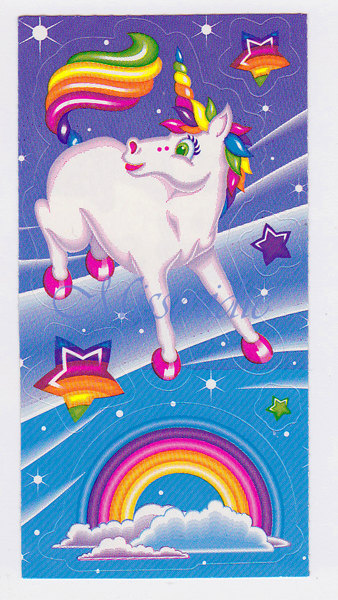 Last night, my first dream featured SEC football teams walking through an ESPN College Gameday-style entrance to a stadium. I got so excited I woke myself up.
Growing up, I had very little interest in football. Since my entire family was rooted in the ACC, I grew up watching basketball and lacrosse. When we moved to Alabama, I resisted learning how to watch a new sport. In high school, I had to attend every Friday night football game while I was in band, but I didn't give a rip about college football. To me, it was something that happened during marching band competitions and distracted my peers.
Last night, my first dream featured SEC football teams walking through an ESPN College Gameday-style entrance to a stadium. I got so excited I woke myself up.
Growing up, I had very little interest in football. Since my entire family was rooted in the ACC, I grew up watching basketball and lacrosse. When we moved to Alabama, I resisted learning how to watch a new sport. In high school, I had to attend every Friday night football game while I was in band, but I didn't give a rip about college football. To me, it was something that happened during marching band competitions and distracted my peers.
During my semester off from college, SEC football became a grounding point. Each week, it gave me something to look forward to. Without leaving my living room, I could become a part of a larger collective while I was cheering for a team. I started self-identifying as a football fan. Now, my tutoring kids (and their parents) are shocked when I can hold a coherent conversation about recruiting programs, historical facts and pass completions. It's fun.
Here in Alabama, football is a rallying point. For many, it is also a way to connect; allegiances and alumni status often open a conversation about mutual connections. Another laughable or downright painful story may have made it to the national level, but the state is dominant in NCAA football.
As a writer, I'm curious to see what narratives will arise this year. Since last season's most inspiring story was a hoax, it will be interesting to see if more fact checking is incorporated into this year's mythmaking. The writing culture surrounding competitive sports demands heroes and underdogs. Without figureheads in these roles, it can become more difficult to connect with the sport in question, to cheer for the team (or player) who's gone through hell, but is able to overcome.
On a lighter note, some questions about the teams in Alabama remain. Can A.J. McCarron's tattoo get any more ridiculous? Will Gus Malzahn turn around the Auburn football program in his new role? Will the coaches of Alabama college teams wear funny hats to practice? We will just have to wait and see.
